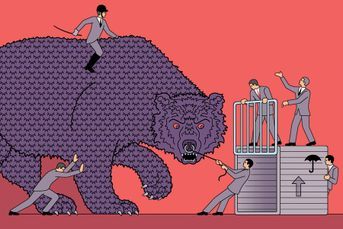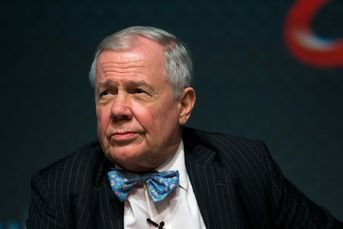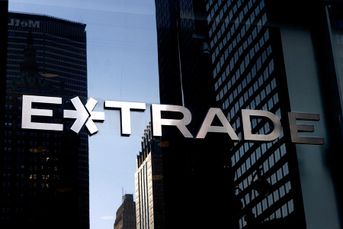Who needs ETFs? Nobody, study says
Academic study in Germany concludes that poor fund selection and rotten market timing contribute to poor performance
An academic study of ETF users in Germany asks the question, “Who needs ETFs?” The answer: “Nobody.”
“We find that individuals investing in passive exchange-traded funds (ETFs) do not improve their portfolio performance, even before transaction costs,” the study concludes. The reason: Poor ETF selection and rotten market timing.
The study, ETF Abuse , was written by professors Utpal Bhattacharya, Benjamin Loos, Steffen Meyer, and Andreas Hackethal for an upcoming issue of Review of Finance and used data from a large German brokerage. Mr. Bhattacharya is affiliated with Hong Kong University of Science and Technology, while Mr. Loos is affiliated with the University of Mannheim and Mr. Meyer is with Leibniz University in Hannover.
The paper doesn’t dispute the fact that a well-diversified, low-cost portfolio tends to deliver superior performance in the long run. Nor does it dispute that it’s possible to create a well-diversified, low-cost performance with ETFs. The problem is that people use ETFs badly.
ETF users in this study tended to be younger and wealthier than non-ETF users. Adding ETFs to their portfolio resulted in a loss of 1.16 percentage points a year. Poor timing accounted for 0.77 percentage points of the performance differential, and ETF selection wasn’t statistically significant. “Examining gross returns and risk-adjusted gross returns confirms that the actual portfolio returns of ETF users are mainly adversely affected by poor ETF timing, though trading costs matter as well,” the authors wrote.
When measured against a static, buy-and-hold portfolio, ETF investors fared even worse, lagging by 1.69% a year. Most of the lag in ETF returns came from choosing higher-cost ETFs rather than low-cost ones, the authors say. “Our conclusion from sorting investors by overconfidence and sophistication: though investors who trade more have worse ETF timing, no groups of investors benefit by using ETFs, no matter which measure (performance, timing, selection, or diversification) or sort (turnover, portfolio value, or diversification) we examine.”
The authors concede that simply choosing a low-cost, broadly based ETF and holding it in the long term is a winning strategy. Unfortunately, the temptation to trade seems to overwhelm many investors.
“It seems to be consistent with what Morningstar has put out about how bad market timing is,” said Todd Rosenbluth, director of ETF & mutual fund research at CFRA. Morningstar’s findings have generally shown that typical investors in mutual funds get lower returns than those the funds produce.
What happens in Germany, Rosenbluth notes, may not happen the in the U.S. The 10 largest ETFs — and theoretically the most popular — all have expense ratios of 0.15% a year or less. The very largest, Vanguard Total Stock Market ETF (VTI), has an expense ratio of 0.05%.
Those with the highest three-month trading volume tell a different story. ProShares Ultra VIX Short-Term Futures ETN (UVXY), for example, had the seventh-highest trading volume the past three months, according to Morningstar . It carries an expense ratio of 0.95%. The average expense ratio of the 10 most-traded ETFs the past three months: 0.69%.
Learn more about reprints and licensing for this article.








